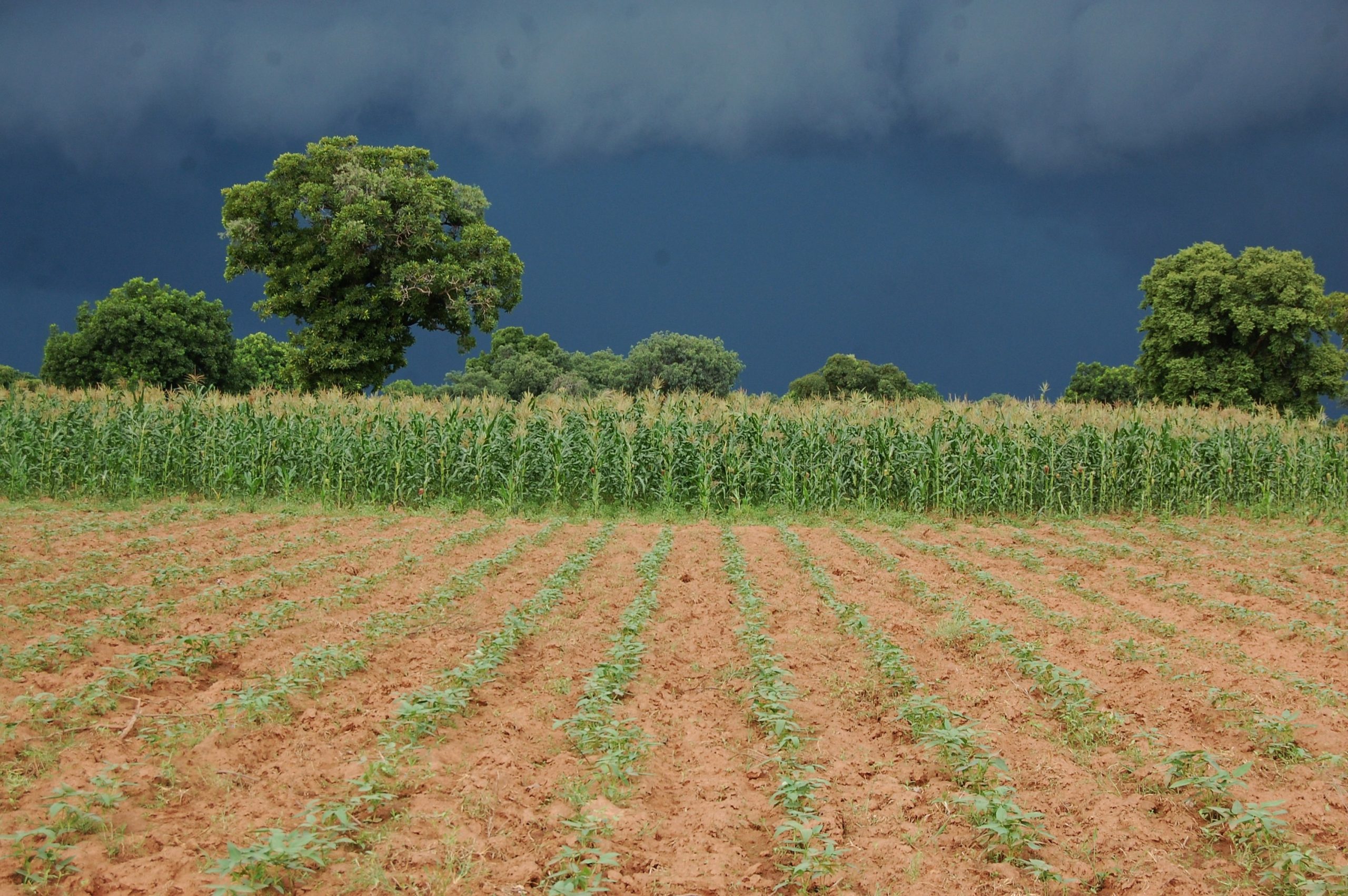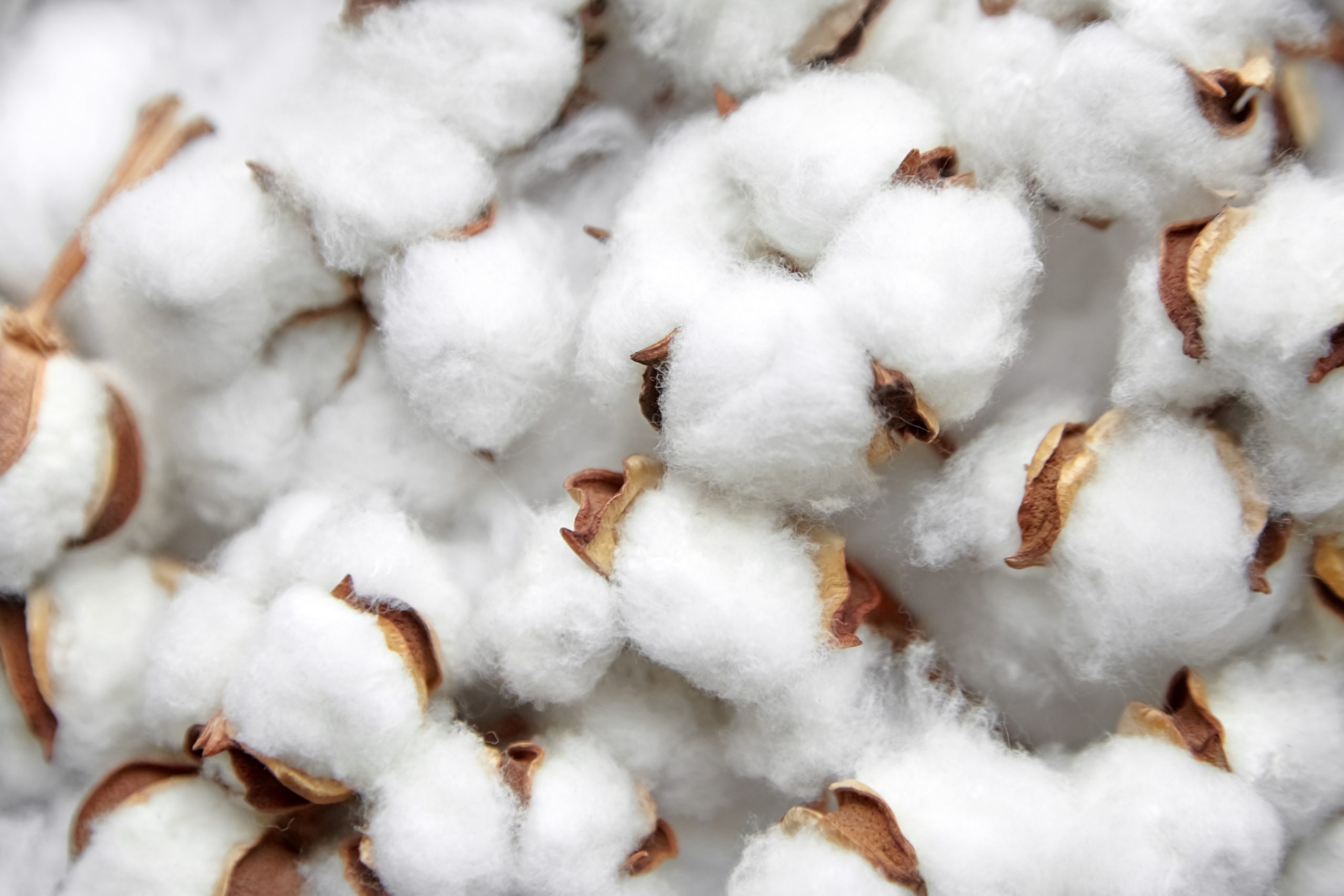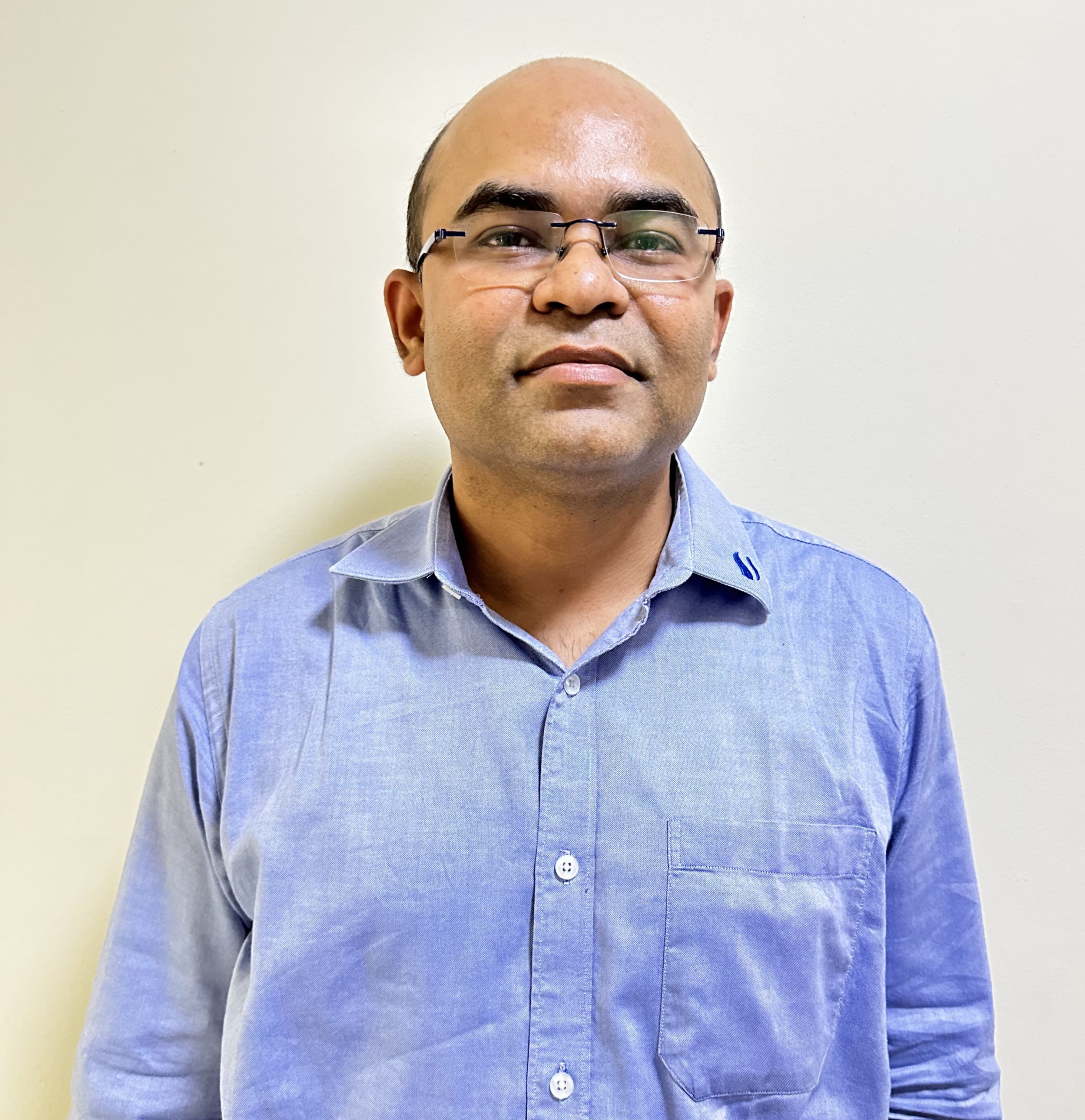Sustainable Cotton Cultivation Unveiled: Rainfed Farming and the NICE Standard

Technological advancements, including the power loom, spinning mule and smart clothing, have undoubtedly revolutionised the textile industry.
Looking at cotton production in particular, the adoption of revolutionary techniques such as moisture probes and software-controlled planting, have enabled cotton-producing farms to become more productive, safer, and easier to run with each passing year.
However, this has also led to the widespread use of new techniques and irrigation methods that allow any farm to grow cotton (a notoriously thirsty crop), regardless of season, geographical location, climate, or soil conditions.
So, in a world where technology has propelled cotton production forward, could rainfed farming be the sustainable solution we need to avoid draining our world’s finite water sources?
Embark on a journey with us as we explore and unravel the intricacies around rainfed farming and groundbreaking role played by the NICE standard in the process. In this comprehensive blog post, we will explore the various facets of sustainable textile production, covering topics such as eco-friendly materials, ethical manufacturing processes, and the importance of certifications in the textile industry.
Cotton Growth and Water Consumption
To produce just one kilogram of cotton, farmers need 10,000 litres of water [1]. In countries where the crop is native and belong to the tropical and subtropical climate zone, such as India, Brazil, and Egypt, the soil gathers enough moisture from rainfall for the crop to thrive naturally.
In these areas, cotton is a “cash crop”, contributing a significant amount to the nation’s economy through exports, and rainfed agriculture plays a significant role in its growth, with around 40% of the world’s cotton being grown without irrigation [2].
However, with it now being produced in non-native areas, irrigation from groundwater, rivers and lakes is needed to produce the necessary yields. By altering natural hydrological conditions, these methods place significant strain on water sources, which has lasting direct and indirect effects on the surrounding environment and climate.
By attempting to take the cotton industry back to its roots, rainfed farming initiatives rely almost purely on rainfall to provide the optimum conditions for growth. If this method becomes more widely adopted by textile brands who want to provide sustainably sourced products, the cotton-production industry could collectively move away from reliance on finite water resources.
Nice Cotton
Benefits of Rainfed Farming within the Global Supply Chain
Globally, 250 billion tons of water is used each year to produce cotton, with 42% coming from groundwater. Recognising this critical water shortage issue, brands leveraging rainfed farming in their supply chain not only save water but also gain a powerful marketing message. It’s a win-win for both the environment and business.
But beyond saving water, adopting rainfed farming also leads to significant improvements in two related elements that keep the cotton industry functioning and thriving – soil health and farmer livelihood.
Soil Health
Left to its own devices, soil can maintain its health by harnessing rainwater, natural nutrient cycles, and a rich biodiversity of microorganisms. Pre-20th-century farmers found that the most effective way to let this happen was by planting native species at specific times in the year that would benefit from the naturally occurring climate conditions.
A region that still adopts this method is India, where the ‘Kharif’ season is used to sow and harvest plants like cotton that thrive from the humidity and extensive rainfall of monsoon season. Removing the need for additional irrigation and limiting the use of fertilisers or pesticides, soil levels stabilise themselves, biodiversity remains intact, and the ground remains fertile and profitable for years to come.
Farmer Livelihood
In recent years, consumers have been seeking out products that are sustainably sourced. Though Gen Z is leading the charge, 90% of Gen X consumers also claim they would be willing to spend more on sustainably sourced products [3].
Moreover, consumer preferences for sustainably sourced products are creating a demand that rainfed cotton can fulfil. Brands adopting rainfed farming can increase profits either by commanding higher prices for ethically sourced goods, or by reducing the need for additional investments.
The No Irrigation, Cultivated Ethically (NICE) Standard
Rainfed agriculture is already proving to be a significant contributor to cotton production. But until last year, the small-hold farmers that have been using this method did not have a mechanism for legitimising their claims, prompting the creation of a brand-new internationally recognised standard.
Drawing on 100 years of certification experience and conducting additional extensive research, the Control Union team concluded that though many textile sustainability programmes contain an element of water management, no other programme makes water its primary focus.
The NICE Standard
The NICE Standard, developed in 2022 and rolled out worldwide in 2023, prioritises water conservation in cotton production by incentivising and supporting brands to use rainfed farms where the crop is already native. To achieve the standard, brands must, above all else, demonstrate water conversation efforts (through rainfed farming and other techniques) across their supply chain. However, they must also display effective nutrient and pest management via non-artificial methods, waste management, energy efficiency, and legal compliance with regard to land ownership, fair wages and other social factors.
More information about the NICE standard
By providing a means for farms across the globe and the brands that use them to corroborate their water conservation claims, even small farms can stake their claim. They have already done the hard work in implementing or continuing to use rainfed agriculture methods. The NICE standard now gives them a way to verify the contribution they, and the brands that use them, are making to the sustainability of the industry.
As an impartial third party, Control Union provides the certification experience companies need to move from initial application to receiving the NICE certification. Providing support throughout the process, our expert Certifications team will partner with you to get you certified so you can stand by your values and move closer to your sustainability goals.
Ready to embark on the journey of verifying your sustainable cotton production practices?
To learn more about how the NICE standard can contribute to your sustainability practices, visit the NICE Standard website to get started.
We also invite you to join the conversation on sustainable textiles by reading our blog posts and sharing your thoughts with the community on social media.
Together, let’s take a step towards a more sustainable and ethical future for the textile industry.
About the Authors
Mr Vishal Shinde has more than 15 years of experience in establishing and executing strategies, project management, developing frameworks, and managing internal and external stakeholders. Vishal is an enthusiast for sustainability programs in agriculture.
Mr Naveen Kumar Singh is a seasoned techno-commercial expert with 15 years of experience in the textile industry, specifically in garments, footwear, and furniture. His extensive knowledge encompasses various aspects of the textile value chain, including product development, quality control, and sustainability assurance.
References:
[1] ‘Tons of water used in cotton production’ – The World Counts (theworldcounts.com)
[2] ‘Cotton production: efficient irrigation methods reduce water consumption’ – TexData International, 2017
[3] The State of Consumer Spending: Gen Z Shoppers Demand Sustainable Retail [White paper]. First Insight, Inc.
How can we help you?

